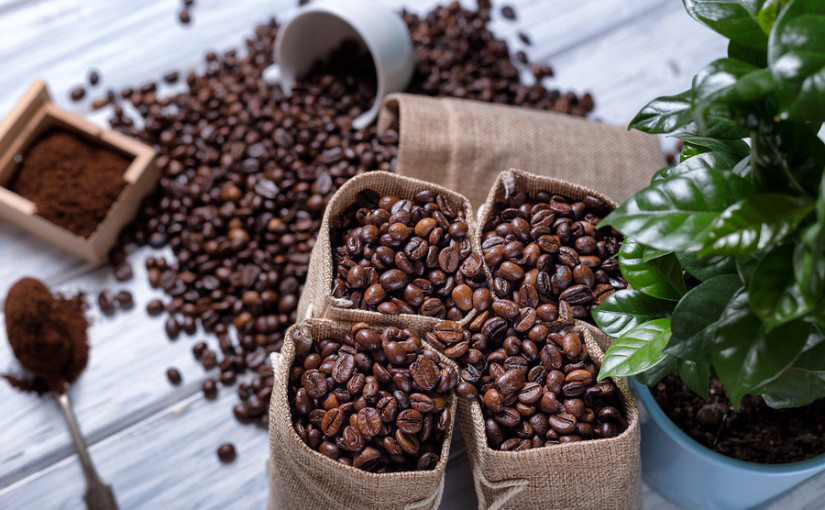Coffee is big business and a perennial favourite when it comes to issues like sustainability and social justice, from organic farming to Fairtrade deals for coffee growers and the ongoing work to tackle recycling of disposable coffee cups.
With such a huge multinational industry surrounding your daily cup of java, there’s plenty of scope for sustainable coffee to continue to get bigger and bigger, and we predict that it will be the in thing next year.
Here’s what you need to know about sustainable coffee and why it’s set to be a common topic of conversation in 2018.
What is sustainable coffee?
Sustainable coffee is an umbrella term covering the kinds of issues mentioned above – it can include organic farming and Fairtrade pay arrangements, but really it’s about growing coffee in a way that leaves no lasting damage to the environment.
That means not cutting down rainforest trees to clear more growing land, and protecting against soil erosion when coffee is grown on a slope; sustainability means coffee should be able to be grown indefinitely in an area, without damaging the landscape.

Does it cost more?
In the short term, sustainable coffee can cost a little more, as part of the idea behind it is to ensure the growers get paid a fair rate too.
However, if you’ve been buying Fairtrade for years already, there should be little difference in price overall, and long-term the costs are much lower as fertile growing land can be used over and over, without suffering from erosion or catastrophic deforestation.
Who is using sustainable coffee?
The Sustainable Coffee Challenge is an initiative by Conservation International to make all the world’s coffee part of a sustainable agricultural industry.
It already has the support of some of the planet’s biggest brands, including McDonald’s, who pledged to use only sustainable coffee by 2020; Keurig Green Mountain, Starbucks and over 50 other brands, coffee trade associations and sustainability action groups are also on board with it.

How do I buy sustainable coffee?
Buying from a brand that are vocal about their support for sustainable coffee is a good way to show that the market has a demand for ethical sourcing, but of course you might not want to limit yourself to just Starbucks and McDonald’s when you’re out and about and want a hot drink.
One thing you can do is check labels, company websites and in-store literature for any evidence that a particular cafe or coffee shop uses only sustainably sourced coffee – as the trend grows, it should be easier and easier to find establishments that do this and are vocal about it.
What about coffee cups?
Disposable coffee cups pose a sustainability issue of their own, as they are hard to recycle and often contain a mix of materials that are not easily separated for recycling either.
If you want to do your bit for the environment, try to avoid buying coffee in a paper cup – stay in-store and drink it from an actual mug when you can. You’ll get a few minutes’ break from your day and it will be one less paper cup heading for your local landfill site.
